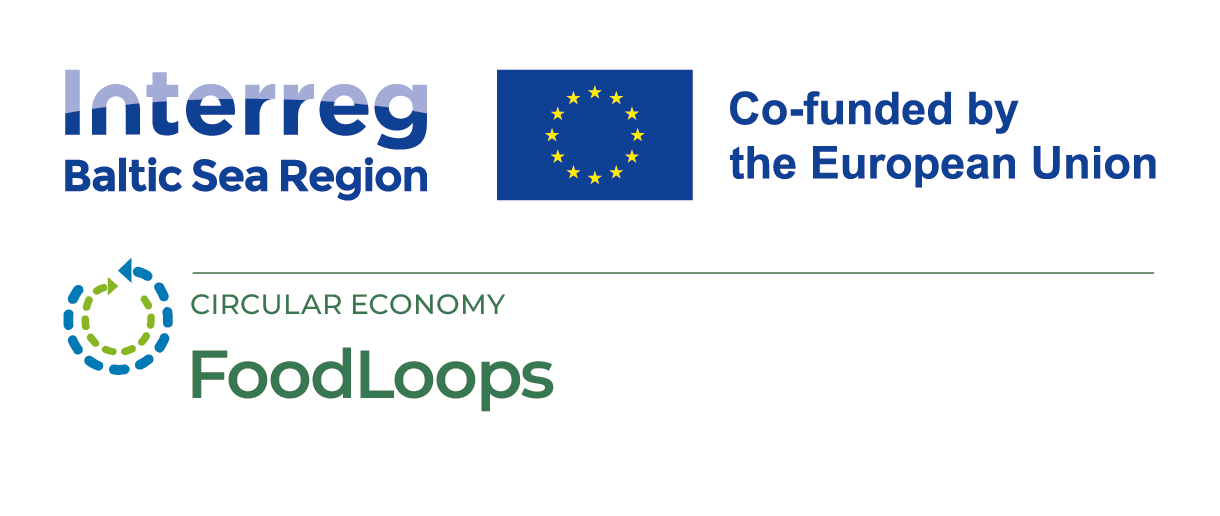
Biowaste Sorting and Management: Enhancing Awareness and Practices in Schools
18 February 2025
A diverse panel of experts discussed biowaste sorting and management in the context of schools during a webinar held on February 13. The event was organized under the FoodLoops (Interreg BSR) and HOOP (Horizon 2020) projects, aiming to foster knowledge exchange on technological and social innovations, as well as capacity building in biowaste management within educational institutions.
The Bio-Waste Club in Kuopio serves as an open platform where stakeholders—including academic and scientific institutions, businesses, municipalities, and waste management companies—collaborate to develop a shared vision for transforming their city into a circular economy hub.
Keynote speakers from Gasum Biogas Refinery and Jätekukko, the regional waste management company in North Savo, provided insights into the region’s biowaste management. Seven biowaste plants handle waste requiring pretreatment, with both continuous and batch-type processes discussed. In North Savo Gasum primarily collaborates with universities (Savonia and UEF) through research projects, thesis work, and funding for doctoral studies, while Jätekukko supplies free waste containers to households and schools.
Jätekukko, a municipally-owned company, delivers daily waste management services to its owners and residents. The company actively engages with schools through training programs and educational initiatives, including participation in the annual Waste Week organized by the Consumers’ Union of Finland. Educational materials for schools include the Route of Vegetables video, which covers topics such as farming seasons, vegetable shelf life, plant breeding, foraging for wild berries, mushrooms, and herbs, and the impact of food waste. Kuopio currently operates seven biogas-powered garbage trucks dedicated to biowaste collection.
FoodLoops project partners—including the Lithuanian Consumer Institute, Gdansk Municipality (Poland), and Savonia University of Applied Sciences (Finland)—presented their initiatives aimed at improving biowaste valorization within the project framework.
A representative from the Collaborating Centre on Sustainable Consumption and Production (CSCP) outlined the project’s objectives, causes of food loss and waste, stakeholder engagement, and expected outcomes such as pilot projects, manuals, replication, and transnational collaboration. Activities include adapting school meals to meet student preferences, educating students on food sources and biowaste utilization, and providing legal support for healthy and sustainable food procurement and valorization.
Case studies from Finland, Poland, and Lithuania highlighted standards and recommendations for nutritious food while minimizing waste. Initiatives showcased included educational programs, cooking workshops, vegetarian food tastings, sustainable food procurement, and biowaste composting workshops.
Finally, an expert from CSCP introduced the HOOP project, emphasizing the social engagement component of sustainable development. Tools used in the HOOP project include gamified approaches to foster circular economy principles and biowaste patrols to involve citizens in sustainable practices in their daily lives across the city.





